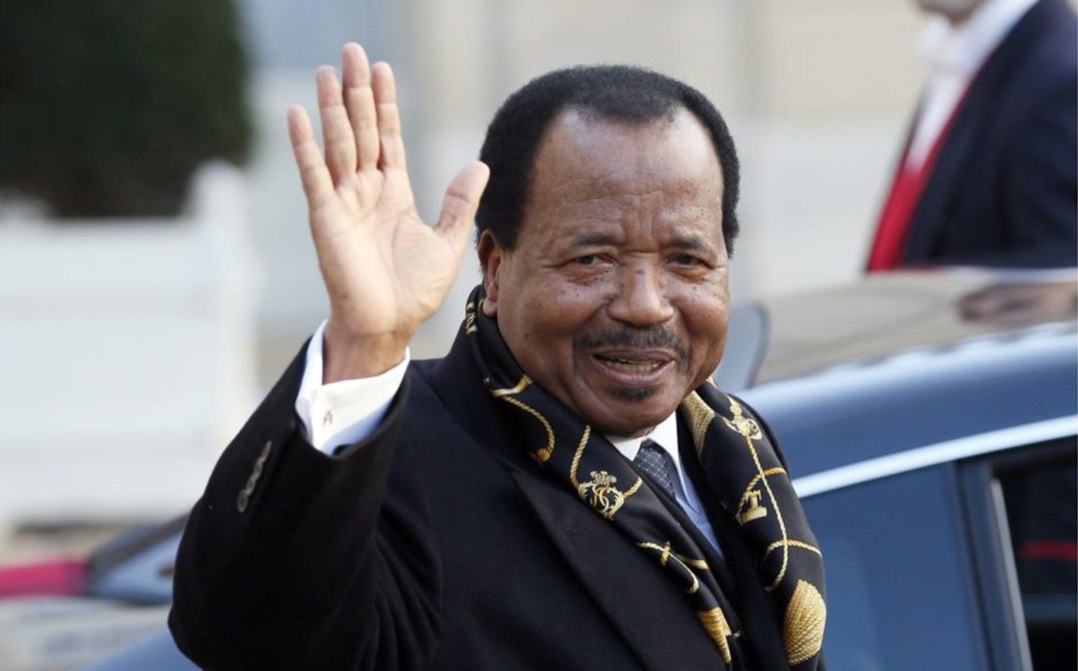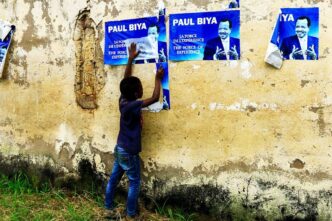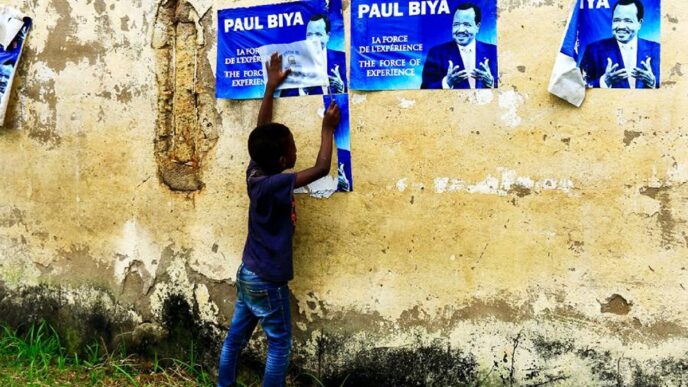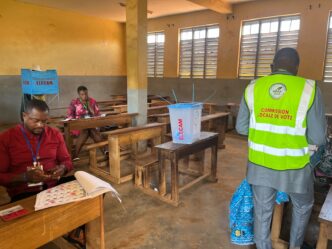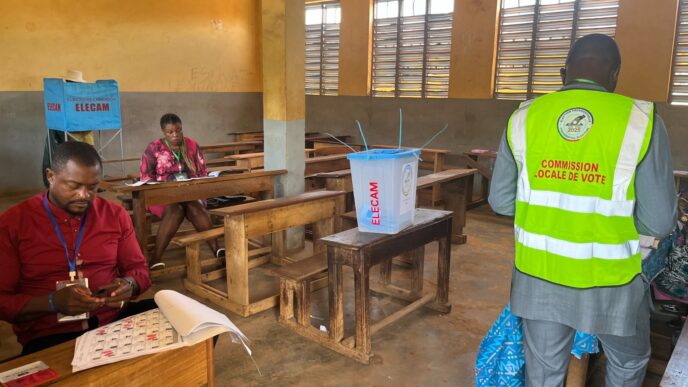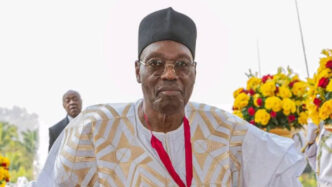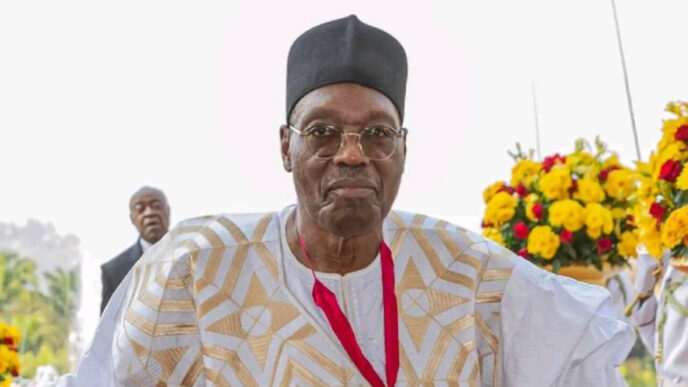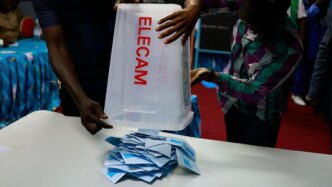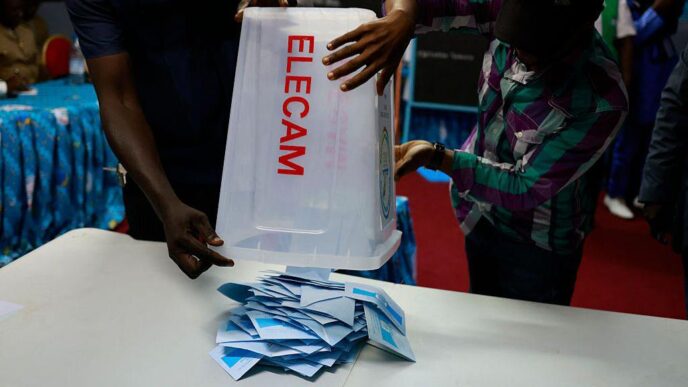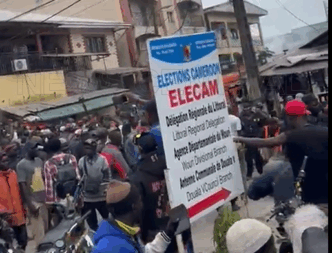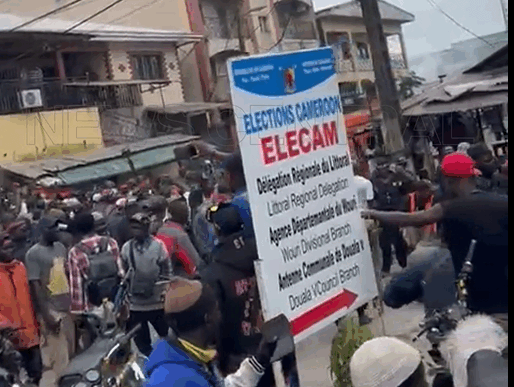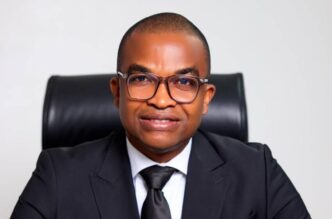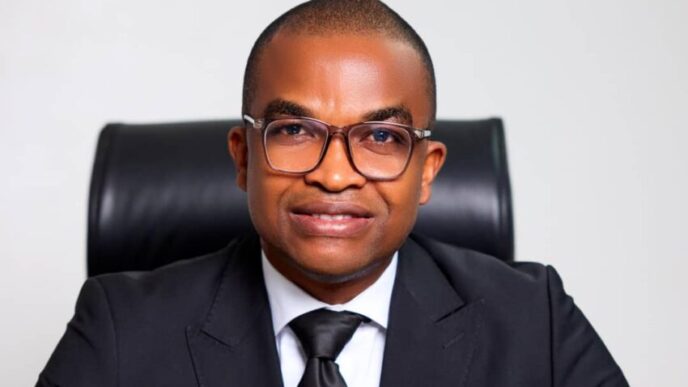Voting commenced on Sunday in Cameroon’s presidential election, with 92-year-old Paul Biya, the world’s oldest serving head of state, widely expected to extend his 43-year rule.
Biya faces 11 opponents, including former employment minister Issa Tchiroma Bakary, 79, who has drawn unexpected enthusiasm, particularly among a population where half are under 20. Polling stations opened at 08:00 and will close at 18:00 local time (07:00–17:00 GMT).
Most of the eight million eligible voters have only ever known Biya as president. Since taking office in 1982, Biya has historically won elections with over 70 percent of the vote.
Cameroonian political scientist Stephane Akoa told AFP that while the ruling system has “ample means” to secure favourable results, the campaign in recent days has been “much livelier” than usual, leaving room for potential surprises.
Biya maintained a low profile during the campaign, making his first public appearance since May at a rally in Maroua, in the strategic Far North region, which has 1.2 million eligible voters. Traditionally a Biya stronghold, the area now hosts several former allies who are challenging him.
Youth vote emerges
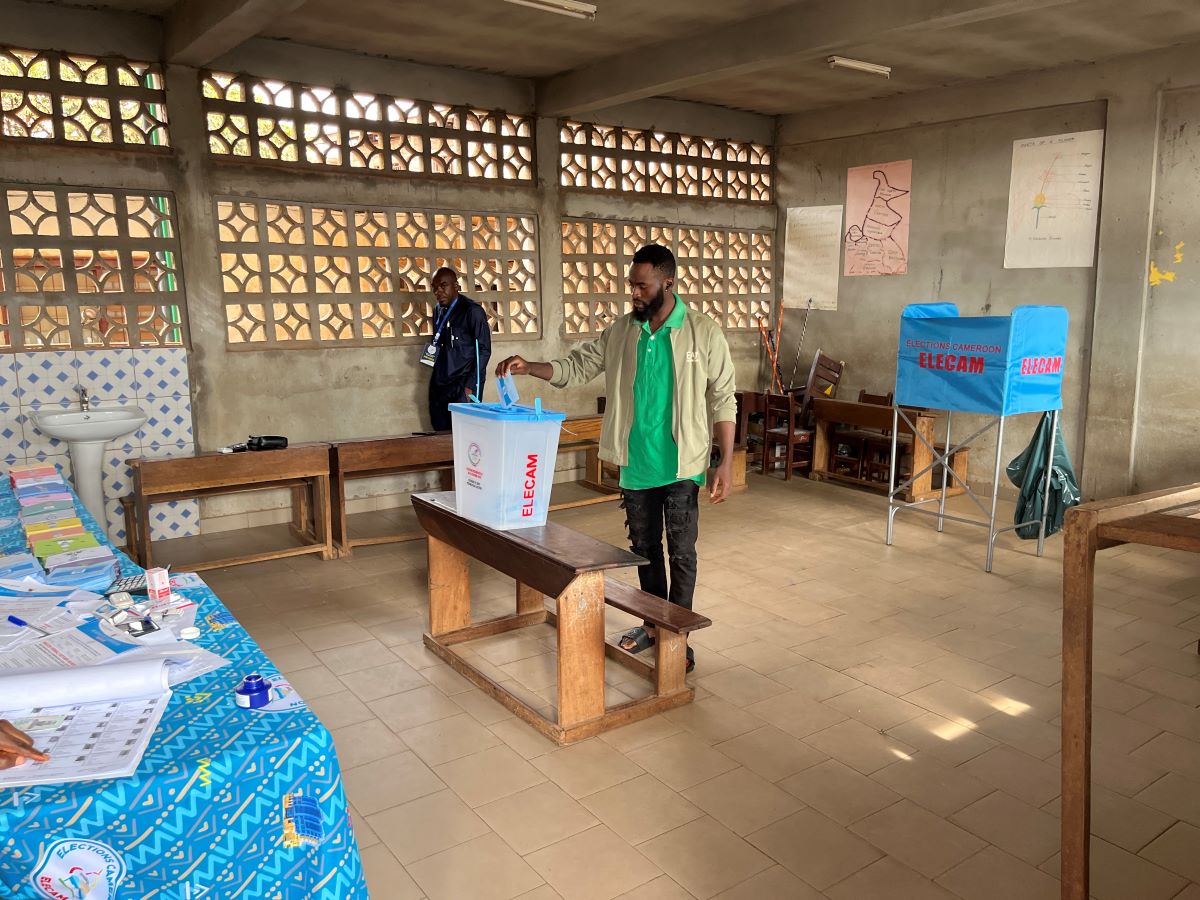
The 11 challengers have actively campaigned, promising a new direction for Cameroon. Bakary, Biya’s main rival following the barring of Maurice Kamto, was welcomed by thousands of supporters in Maroua, in stark contrast to Biya’s smaller turnout. Bakary resigned from government in June after 20 years alongside Biya.
Kamto, who finished second in 2018, was prevented from standing this year by the Constitutional Council, a move criticised by rights groups including Human Rights Watch as undermining the election’s credibility.
Cameroon has had only two presidents since independence from France in 1960. While the nation boasts a diverse economy with abundant resources, about 40 percent of the population lives below the poverty line, and urban unemployment stands at 35 percent.
Young people are eager for change but are not yet mobilised for mass protests as seen in other African and Asian nations. Citizens cite frustrations over high living costs, poor access to clean water, healthcare, and education, but these remain largely expressed on social media.
Election monitoring and context
The government has authorised 55,000 local and international observers, including the African Union, to monitor the vote. The Constitutional Council is expected to announce results by October 26, though several internet platforms plan independent tallies, which the government has criticised.
The election occurs amid ongoing conflict with separatist forces in the English-speaking regions, where voter turnout was particularly low in 2018.


 Trending
Trending 
